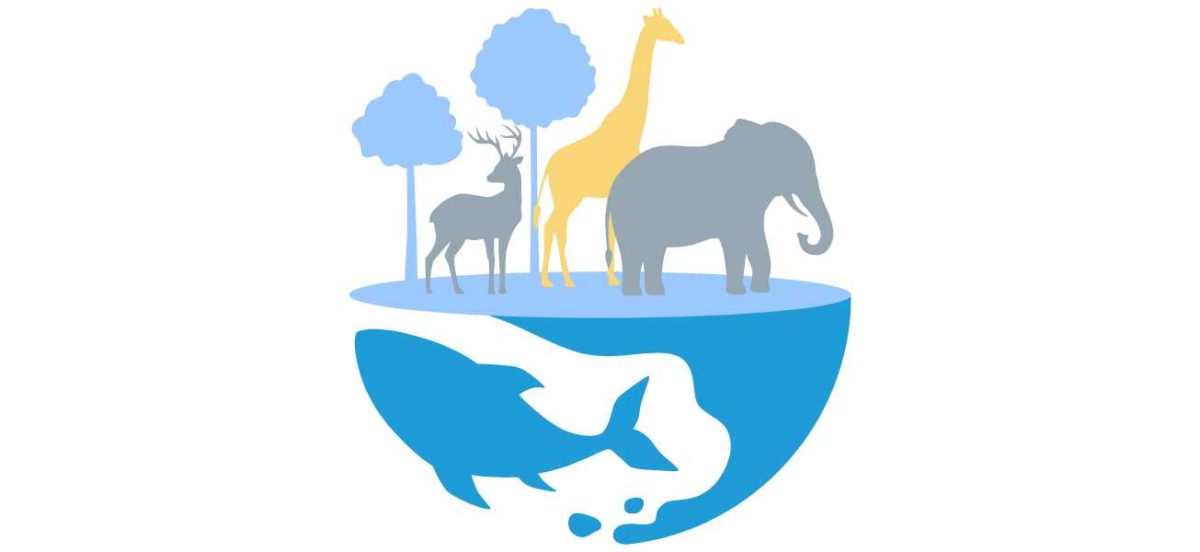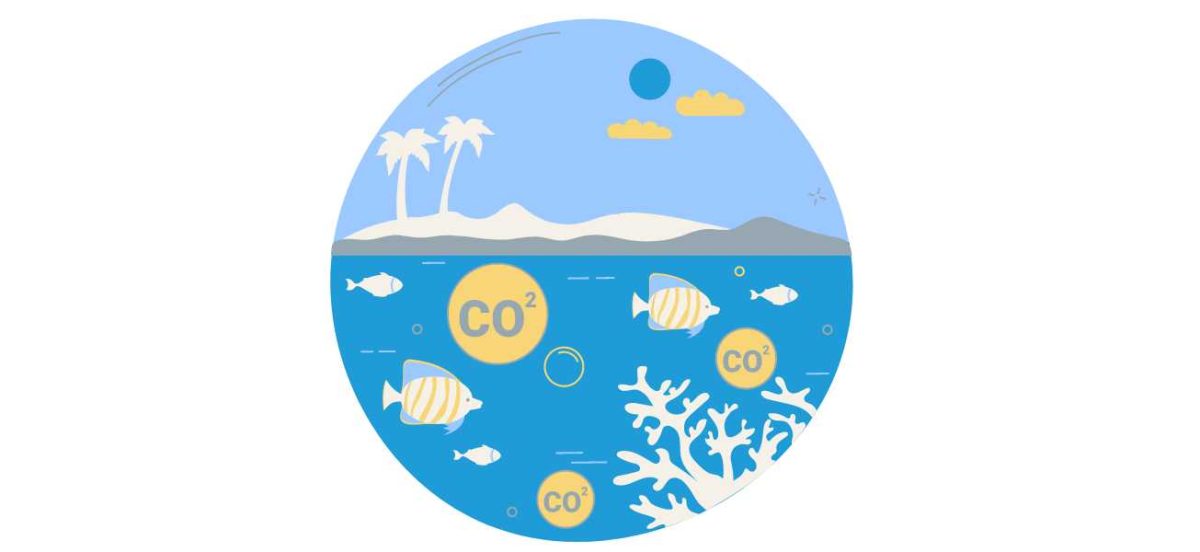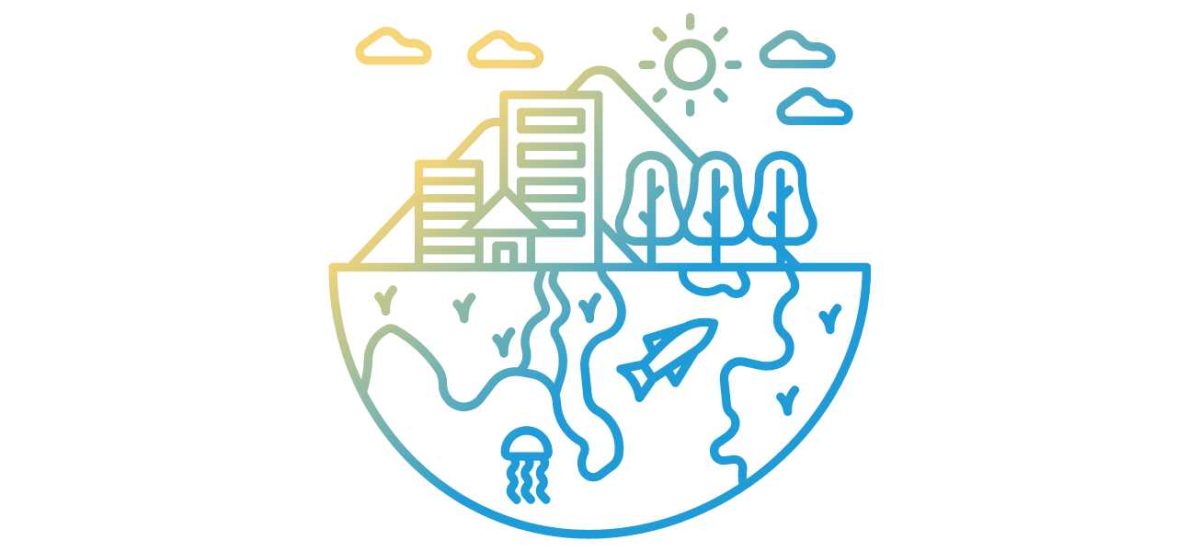Climate change causes ocean warming, acidification, and rising sea levels. These changes disrupt marine ecosystems, alter animals’ migratory patterns, and affect their prey availability.
According to the Climate Council, the ocean has absorbed a staggering 93% of excess heat trapped by greenhouse gas emissions, which means the ocean is absorbing excess heat energy equivalent to five Hiroshima bomb explosions every second.[1]







